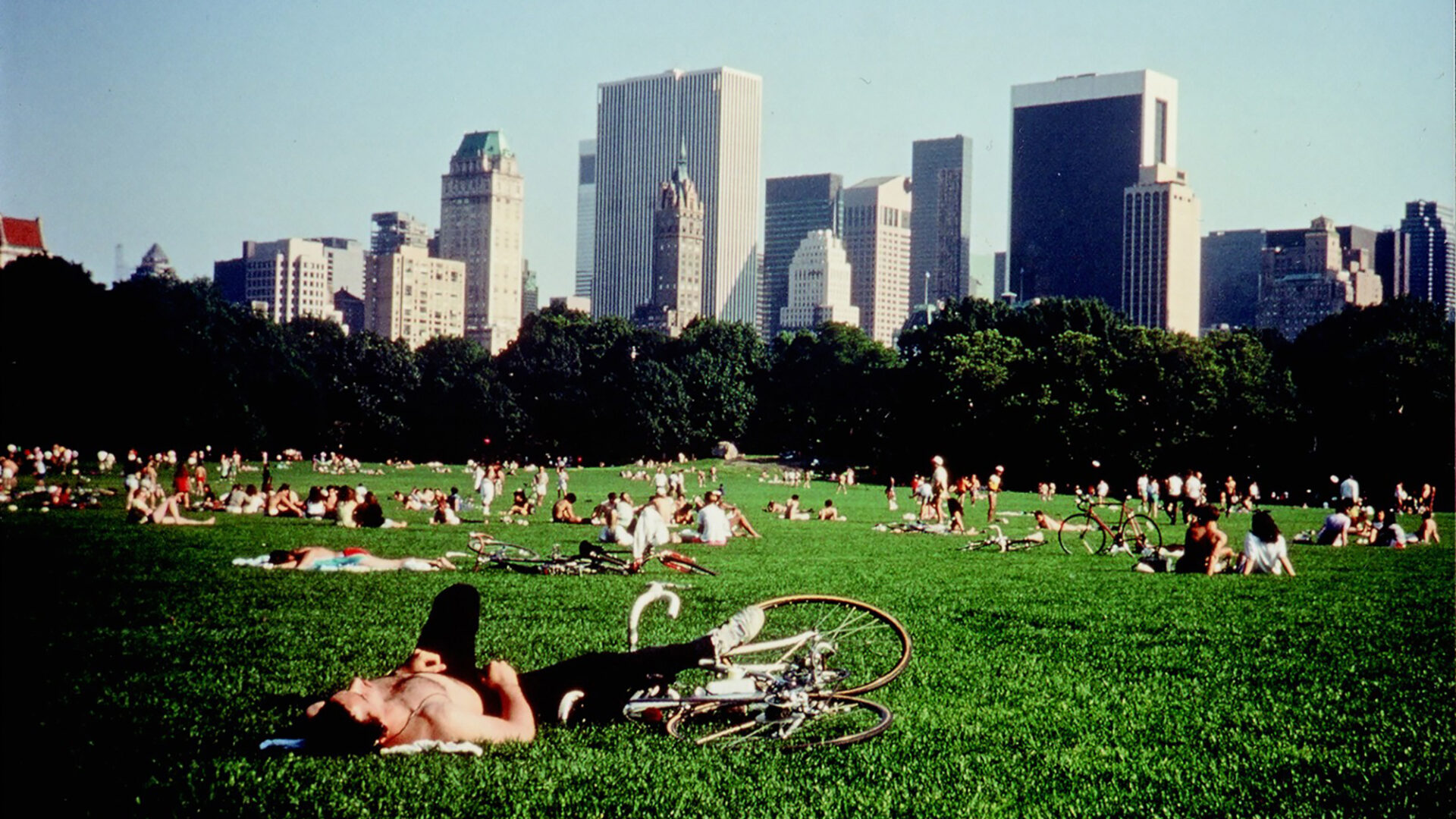March 6–April 30, 2025
Frederick Wiseman: The Choreography of Everyday Life
“The true film lies halfway between the screen and the mind of the viewer.”
Frederick Wiseman
For over fifty years, Frederick Wiseman’s obsessive attention has transformed the opaque public presentation of institutions into opportunities to tease out or capture the structures, sounds, and ironic gaps between stated intentions and observable practice. His purpose as a filmmaker has never been journalistic. He is not performing a duty, or standing in as a general everyperson. His films are personal, and what guides his editing, he’s said, is what he’s learned in the course of collecting material during the weeks of shooting that precede his months of editing. Because this sense of a personal education has only expanded over the years, his project can only truly be appreciated at a macroscopic scale.
For decades, the distribution of Wiseman’s films has been relatively limited theatrically, and only recently became widely available online (albeit in SD equivalents to home video releases). This retrospective, the first ever in Vancouver, collects representative films from newly available director-approved restorations of the first 40 years of Wiseman’s career. It is a chance to see not only masterpieces, but the development of ideas that flourish in context, whether following strands of films that root themselves in education, healthcare, animal life, popular culture, or established communities.
Wiseman’s career is so prolific and consistent that it can appear daunting to the uninitiated. Nowhere is this more apparent than in the titles Wiseman chooses for his films: unassuming, nearly generic tags that might blend invisibly into the public broadcast programming for which they were often commissioned. Rather than being descriptive, each title might be better understood as a form of classification, a genus whose taxonomic reach allows for the early-career Wiseman to sum up a high school in 75 minutes, and later return to the same type of institution for nearly four hours of playful research.
Order, categorization, and structure are critical to Wiseman’s filmmaking approach. His “on-set” expertise is as a sound recordist (his crew otherwise consists of only two people: a cameraperson and an assistant for film loading and other tasks). But he “directs” his films primarily as their sole editor. After identifying sequences of interest from dozens of hours of rushes, Wiseman will condense and build scenes that respect the continuity of, for example, speakers in a meeting. But otherwise, events will appear in an order that follows Wiseman’s ideas, rather than any chronological timeline.
Arcs, characters, and resonant emotional climaxes, not to mention harsh encounters with the conflicts and violence of common experience, are not in short supply in Wiseman’s films. Yet they do not feature onscreen interviews or title cards, and their narrative accumulation follows no formula, except the one Wiseman builds in relation to his chosen subject. They resemble almost nothing else in filmmaking, except for those who have chosen to imitate or be influenced by his approach. (Titicut Follies is in the DNA of exemplars of New Hollywood and superhero film maudit alike, while a screening of Zoo in Yamagata circa 1993 is credited for almost single-handedly sparking a new wave of Chinese documentary filmmakers.)
In interviews, Wiseman plays the resilient, unaccusatory charmer, as he apparently does in order to gain access to each setting in his films. But the work is uncommonly powerful, maybe even life-altering, because the films demonstrate something genuinely principled: that if you were to see the work that happens to keep any enterprise in human society running, the experience might break through hardened routine conceptions to illuminate the too-often distorted and hidden reaches of social experience, in all its mundane horror and beauty.
“Frederick Wiseman: The Choreography of Everyday Life” presents 14 of the director’s films over our spring programming cycle, with video introductions by Wiseman himself, an intro and talkback by filmmaker and DocUBC lead Shannon Walsh, and a discussion of Wiseman’s Hospital as part of April’s Frames of Mind screening.
“Rigorously shot, impeccably edited, and at times startling in their beauty, these films usher us into often otherwise anonymous spaces and lives, and help make the invisible visible.” Manohla Dargis, The New York Times
“It is precisely the unveiling of what is most common that makes [Wiseman’s] documentaries an absolutely particular type of film … I would say, as with opera, one enters it or does not enter it; it requires a belief in something other than what one sees.” Pierre Legendre, Cahiers du cinéma
“At every occasion, Wiseman hastens to remind us that he is a person, not a robot—his editing choices informed by his instinct, his moods, his rakish humor. He is a humble, elfin saint.” Matt Morrison, Film Comment
“For Wiseman, there’s no such thing as banality; he sifts the material of the apparently banal until he’s found the variety of its texture. In a movie like Central Park or the luxuriantly shaped Belfast, Maine, an epic measure-taking of a small New England fishing town, that process is not only deeply engaging but deeply beautiful.” Steve Vineberg, Artforum
Acknowledgments
Special thanks to Erica Hill & Karen Konicek (Zipporah Films) and Michael Tuckman for their assistance in mounting this series.
Community Partner

Media
List of Programmed Films
| Date | Film Title | Director(s) | Year | Country |
|---|---|---|---|---|
| 2025-Mar | Central Park | Frederick Wiseman | 1990 | USA |
| 2025-Mar | High School | Frederick Wiseman | 1968 | USA |
| 2025-Mar | Blind | Frederick Wiseman | 1986 | USA |
| 2025-Mar | Essene | Frederick Wiseman | 1972 | USA |
| 2025-Mar | Welfare | Frederick Wiseman | 1975 | USA |
| 2025-Mar | High School II | Frederick Wiseman | 1994 | USA |
| 2025-Apr | Titicut Follies | Frederick Wiseman | 1967 | USA |
| 2025-Apr | Model | Frederick Wiseman | 1980 | USA |
| 2025-Apr | Juvenile Court | Frederick Wiseman | 1973 | USA |
| 2025-Apr | Belfast, Maine | Frederick Wiseman | 1999 | USA |
| 2025-Apr | The Store | Frederick Wiseman | 1983 | USA |
| 2025-Apr | Zoo | Frederick Wiseman | 1993 | USA |
| 2025-Apr | Hospital | Frederick Wiseman | 1969 | USA |
| 2025-Apr | Domestic Violence | Frederick Wiseman | 2001 | USA |
